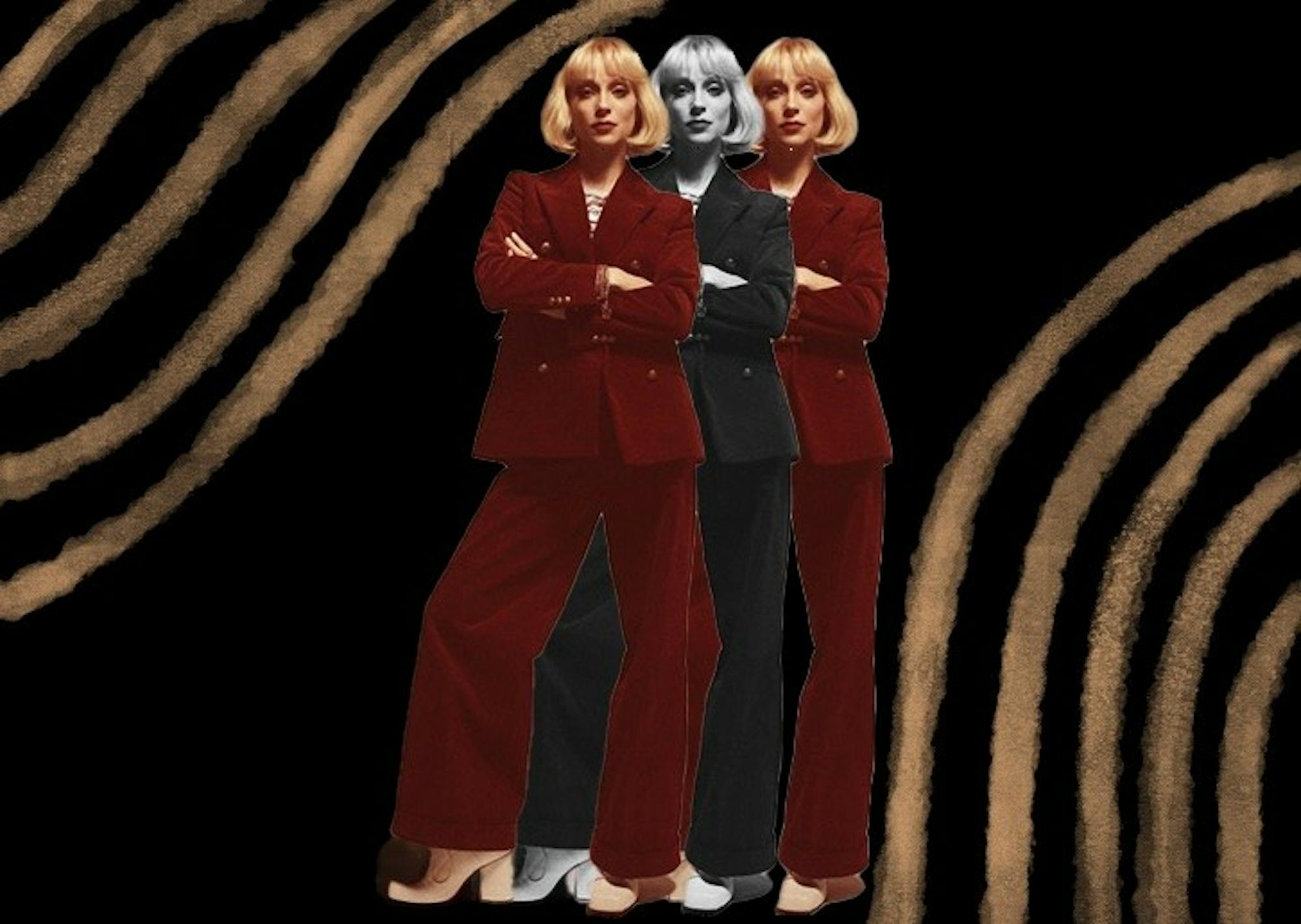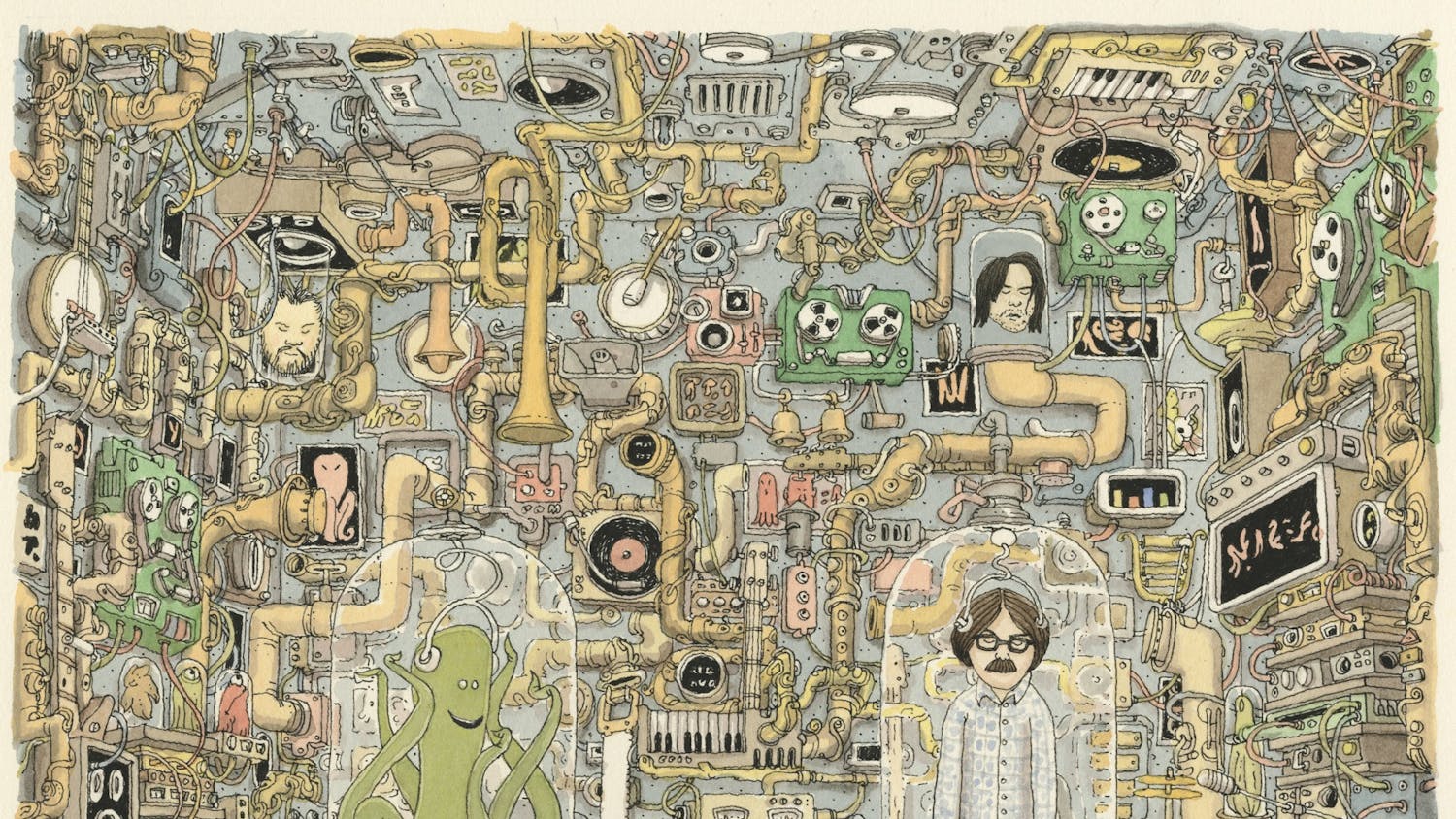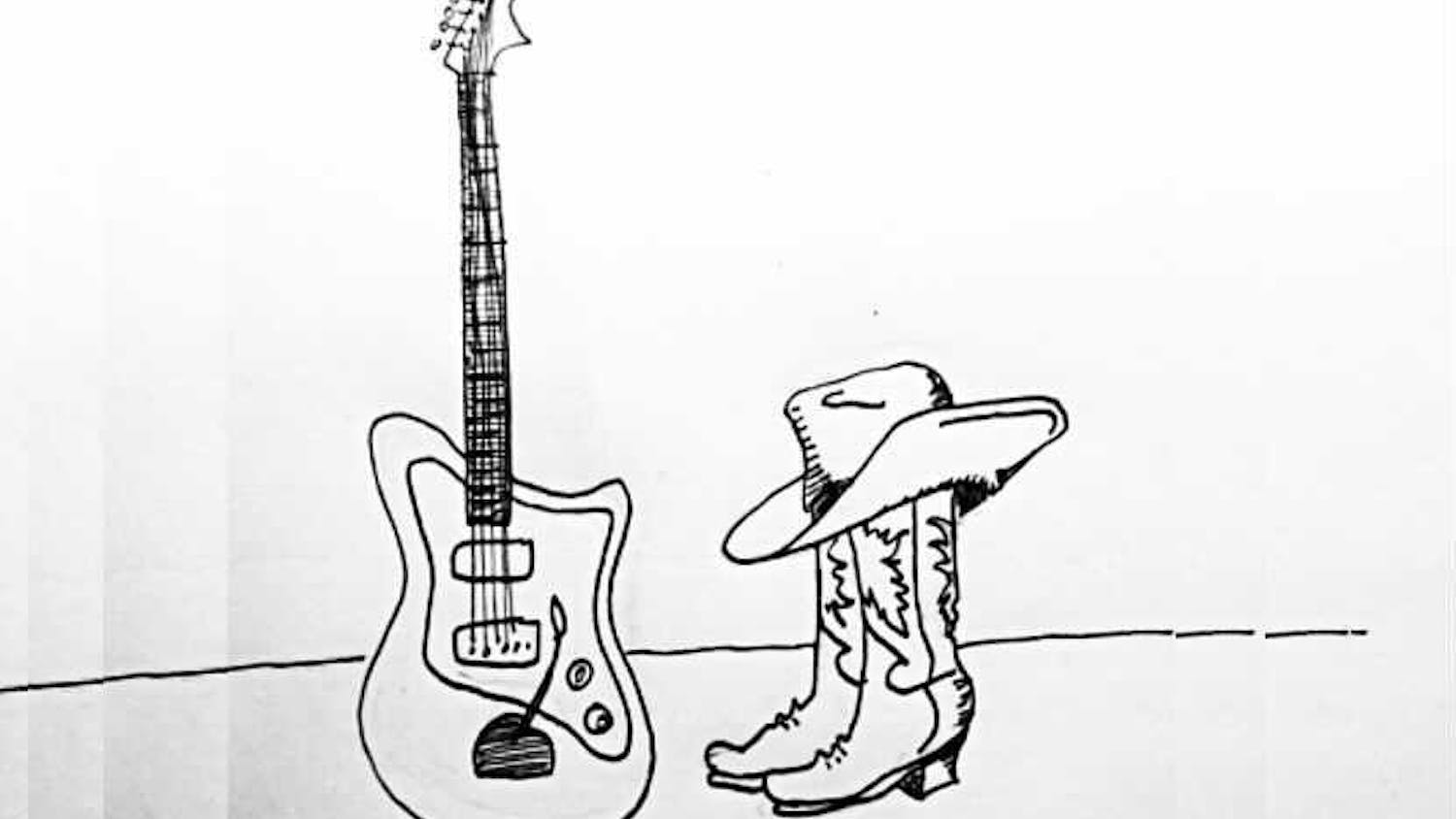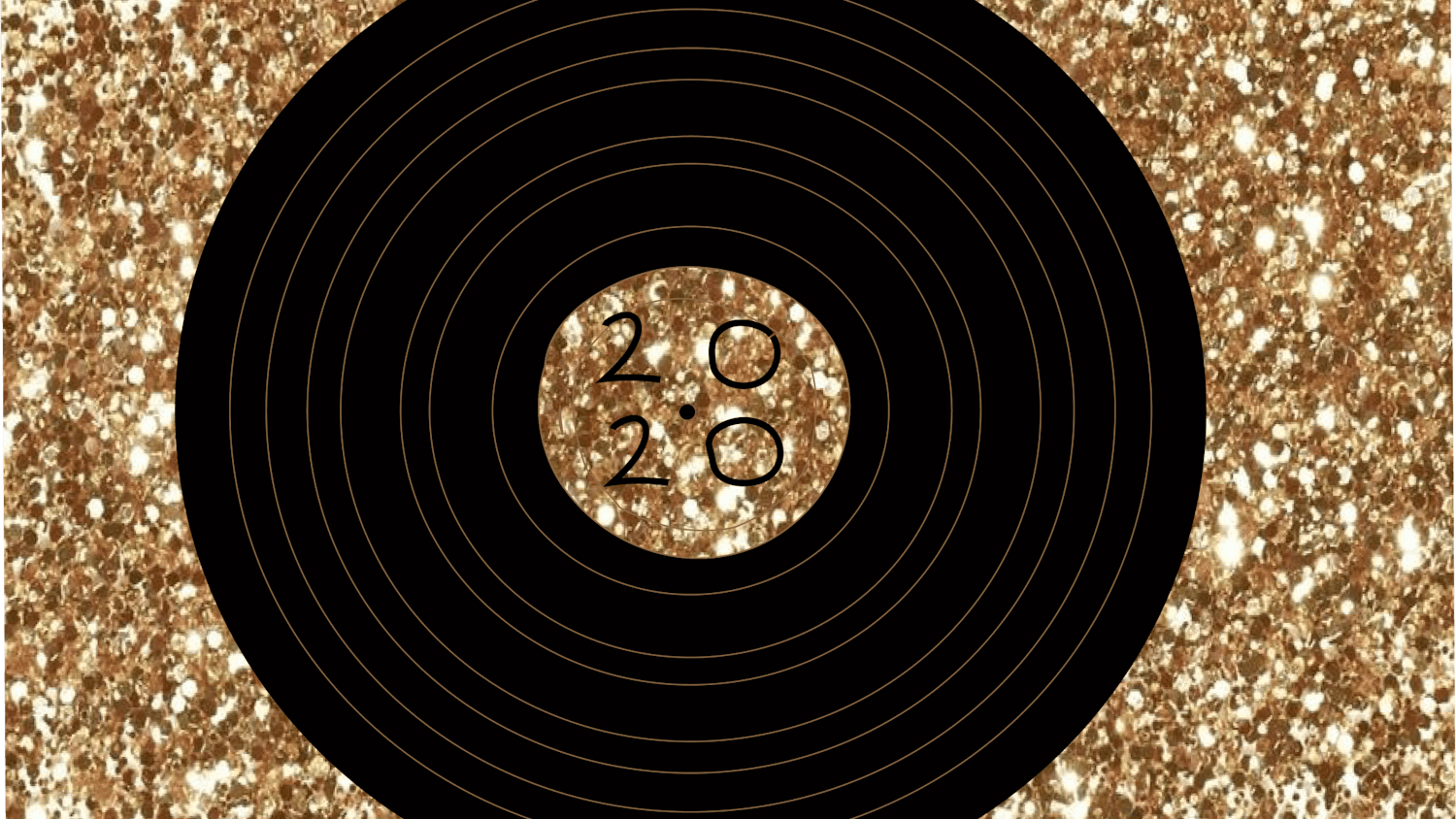Until recently, Annie Clark’s — who goes by the stage name St. Vincent — most personal album was “Marry Me,” her debut album, which came out in 2007. Since then, she’s leaned more and more into her St. Vincent persona. Even songs that explored her personal struggles, like “Marrow” or “Strange Mercy,” feel detached from the real Annie Clark, distorted through the filter of St. Vincent. For a long time, this strategy worked well, as much of her best work can be found on albums like “Actor,” “Strange Mercy'' and “St. Vincent.” However, the culmination of this style was 2017’s “Masseduction,” a deeply impersonal album that felt sanitized and cold, both lyrically and musically. However, St. Vincent reverses course with her most recent album “Daddy’s Home,” that features much more personal lyrics.
The album’s title on its own hints at the personal nature of the album: After spending over a decade in prison for financial crimes, St. Vincent’s father was released in 2019. Quite literally, “Daddy” was home. Both lyrically and musically, “Daddy’s Home” is warm and full — the antithesis of “Masseduction.” St. Vincent adopts the sound and aesthetic of New York City in the early ‘70s, a bold funk direction that she had not explored previously. Ultimately, the album’s warmth is expressed in three ways: its maximalist vocals and instrumentals, its personal lyrics, and its overall cohesion and repeated motifs that make the album feel complete.
The album’s eponymous track, “Daddy’s Home,” is the best example of the album’s personal lyrics. St. Vincent sings explicitly about being reunited with her father after the time he spent in prison and how this affected her emotionally. She sings “[w]e’re all born innocent, but some good saints get screwed/Well, hell, where can you run when the outlaw’s inside you?” These lyrics have a double meaning — in one sense, they refer to her father, who was born innocent, but became an outlaw through the life choices he made. In another sense, these lyrics refer to St. Vincent herself, the “saint” who got screwed by her father’s actions and imprisonment. This type of introspection has been lacking in the previous two St. Vincent albums, and it’s refreshing for her to sing about her emotional state with such candor.
My personal favorite track on the album, “The Melting of the Sun,” deals with famous female artists St. Vincent admires who dealt with personal struggles in their own lives. These women include Marilyn Monroe, who was abused as a child and ultimately died of a drug overdose, Tori Amos, who famously described being raped in one of her songs, and Nina Simone, who dealt with racism her entire life. St. Vincent looks up to these women, but also feels guilty that she herself has never faced struggles on the same level as they did. She sings “[b]ut me, I never cried/To tell the truth, I lied.” St. Vincent has previously sung about abusing benzodiazepines, but in this song she worries that any art of hers that is based on her problems pales in comparison to the work of these women. These lyrics are deeply vulnerable and introspective, and give great insight into her artistic mindset.
On “My Baby Wants a Baby,” the eleventh track on the album, St. Vincent sings about the pressure that she feels from society to settle down and have a child. She discusses her skepticism on the fulfillment of motherhood with the line “[w]hat in the world, what in the world would my baby say?/‘I got your eyes and your mistakes.’” As one of the slowest and catchiest songs on the album, “My Baby Wants a Baby” does a great job of capturing St. Vincent’s dilemma.
The album’s opening track, “Pay Your Way in Pain,” features a straight-laced piano for the first few seconds before the funk bass that defines much of the album kicks in. Throughout the song, which features a syncopated drumline and is filled with vocal yelps characteristic of early ‘70s funk, St. Vincent stretches her voice quite a bit, particularly at the end when she releases a primal scream. The maximalism of the instruments and the intense effort put into the vocals feels cathartic, especially after the sterility of “Masseduction.”
The eighth track, “Down,”showcases emotion in a similar manner through its instrumentation and vocals. This time, the main emotion is anger — St. Vincent sings about taking revenge. In the second verse, she sings, “[m]ama always told me/‘You got to turn the other cheek’/But even she would agree, you’re an exception to that rule.” The target of St. Vincent’s anger is not revealed, but that does not make the anger in her vocals any less palpable. In a climactic chorus, she screams, “I’ll take you down,” where the final word is melismatically sung. The off-kilter instrumentals and St. Vincent’s powerful vocals ensure any listener will feel her anger.
In addition to its personal nature, the album has more than a few motifs and other characteristics that make it feel cohesive, full and like plenty of care was put into it. The first and most obvious motif is New York City. Musically, the funk scene of New York in the early ‘70s influences every song; however, most tracks reference it lyrically as well. The second track, “Down and Out Downtown,” features a description of St. Vincent on a night out in downtown Manhattan. The penultimate track, “Candy Darling,” is an ode to the actress of the same name, described in the song as the “queen of South Queens.” This consistent aesthetic makes it feel like a cohesive album rather than just a collection of songs.
In the same vein, the album’s proclivity for self-reference ties “Daddy’s Home” together, making it feel like a cohesive creative work. In “Pay Your Way in Pain,” St. Vincent sings, “[t]he sun, it’s gotta, gotta melt it,” referencing the fifth track, “The Melting of the Sun.” In “Daddy’s Home,” St. Vincent sings, “[a]nd I look down and out in my fine Italian shoes,” referencing the song “Down and Out Downtown.” Similarly, every track blends into the next very well, adding to the feeling that a lot of care was put into this album and to the warmth and fullness of its lyrics and music.
“Daddy’s Home” is a massive improvement on St. Vincent’s previous record “Masseduction,” and her best since her 2011 masterpiece “Strange Mercy.” The best songs, particularly “The Melting of the Sun,” “My Baby Wants a Baby” and “Down” stand out within St. Vincent’s discography. And while not every song on the album is incredibly memorable on its own, every track carries the same ambience and contributes to the album in some way. St. Vincent took an immense risk with this album, baring her soul lyrically and changing her style musically. This risk most certainly paid off.
Rating: ★★★★☆




